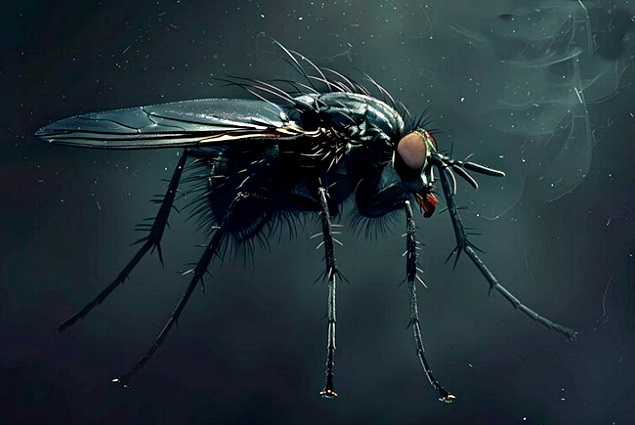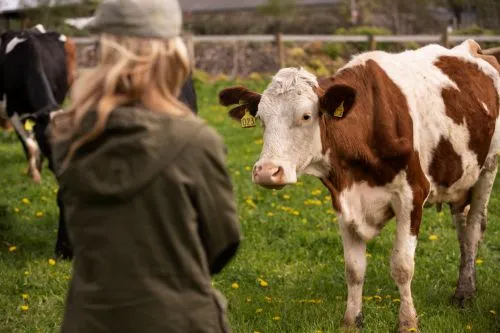1436

A report cited by AllAboutFeed has explored the potential for the black soldier fly (BSF) to become an economically viable alternative to soy as a protein source in animal feed, addressing also the estimated annual food waste in the United Kingdom, at 13 million tons.
A total processor
BSF can process any form of organic matter - including waste - and can turn it into biomass. The controlled breeding of these insects in dedicated facilities produces a nutritious protein source that could serve as an alternative to soy protein in animal feed, says the report from Frontier Economics.
While the BSF market is gaining attention from investors due to its scalability, it is still in its early stages and has not yet reached the scale needed to meet the current demand in the United Kingdom for animal feed.
The cost challenge
Through research, industry interviews, and modeling, the report "Delivering insect-based feed at scale" evaluates the case for insect-based animal feed and the conditions necessary for expanding an industry based in the United Kingdom.
The study indicates that at current prices for BSF proteins, BSF-fed meat would be approximately 50% more expensive than soy-fed meat - which would be a barrier to expansion, considering the competitiveness of the meat sector.
Modification of permitted waste flows is necessary
However, if there could be a modification of regulations regarding permitted waste flows for BSF, then it could, in principle, expand to replace some of the soy.
For example, diverting 25% of certain low-cost food waste sources could produce enough protein to replace 28% of the soy used in feed at a relatively modest premium for BSF-fed meat of 5-9%.
The report includes the following requests for action, including:
- Regulatory change regarding the use of insect-based feed for animals - legislative progress is needed to overcome the initial regulatory barrier regarding the use of BSF protein in poultry and pig farming, which has stagnated since 2020. This needs to be addressed to unlock any change.
- Regulatory change regarding permitted waste flows for BSF breeding - Defra and the Food Standards Agency should consider making regulatory changes to open up cheaper and more abundant waste flows for BSF. Achieving this would require political support for change and adequate resources for the necessary trials to address any concerns about the range of possible substrates.
- On-site BSF testing - testing different operational models will be key to establishing which models are economically viable and identifying the best partners in food and waste value chains. A sponsor could help encourage further trials. This could be a role for circular food systems or those with a vision for innovation in the food system.
- Involvement of food retailers - food retailers and restaurants play an important role in shaping the meat supply chain, setting product specifications, and how it is positioned to consumers. Circular Food Systems may want to engage with the sector to explore ways to test new feed types, reuse food waste in BSF sites, or even test consumer appetite for "soy-free" product ranges.
- Capital support - financial support for BSF farmers could help kick-start production on a larger scale. Current evidence indicates sufficient investor interest, and if the market evolves, it could receive government support, given that BSF expansion aligns with the objectives of the food strategy and could help achieve net zero goals. Alternatively, philanthropic donations could be a way to access the necessary funding to start. (Photo: Freepik)





